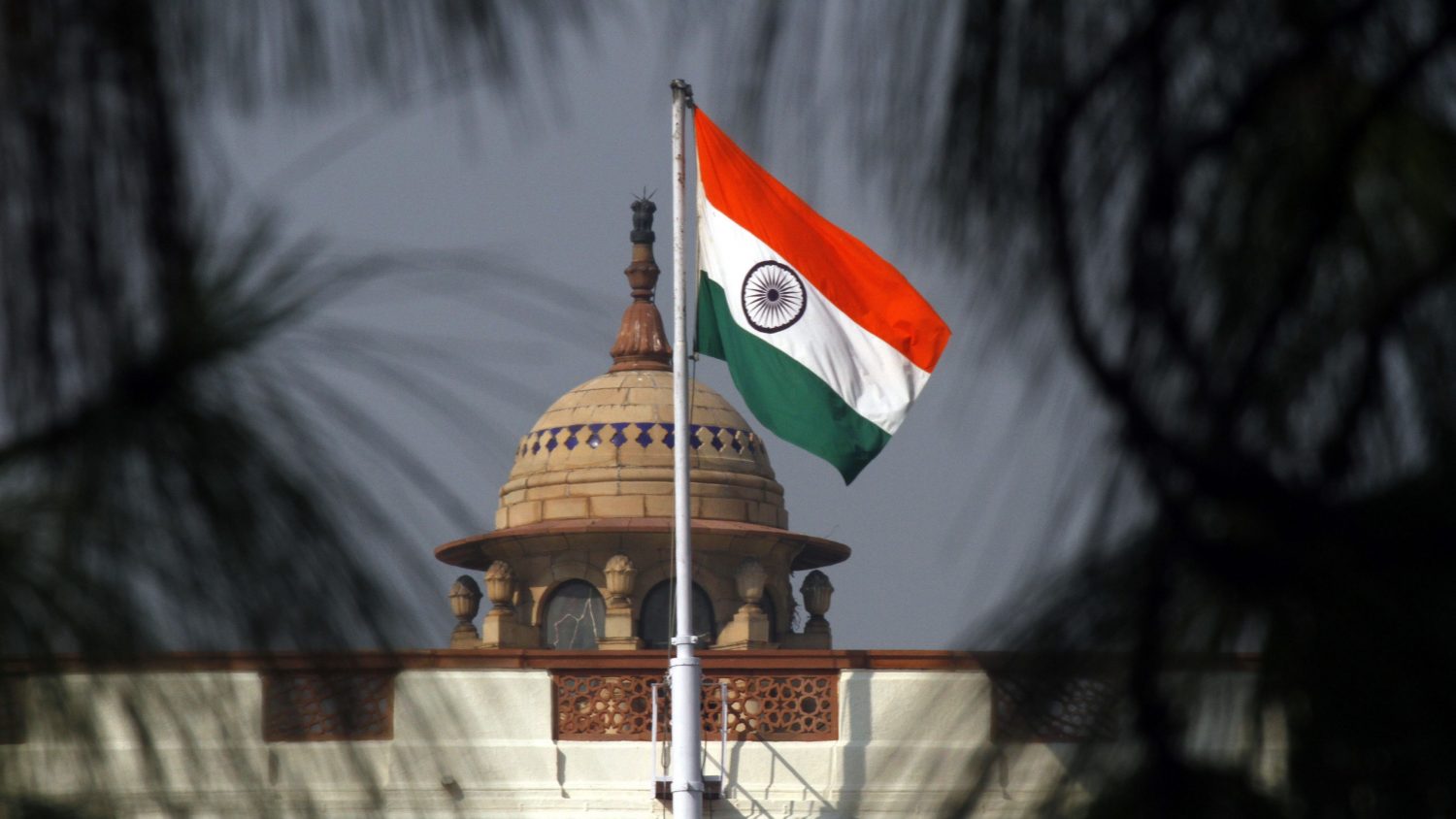Every August 15, I find myself revisiting Jawaharlal Nehru’s speech on Independence Day. One of the finer speeches of the 20th century, ‘A Tryst with Destiny’ evokes in me a great sense of pride in our nation.
However as I read it this year, it instead served as a reminder of the path we must take together. Having been overseas for the past few years, Nehru’s words ring true as I encounter an India that I no longer recognise. We have seen the very foundations of our motherland be shaken by its people, the very idea of India be questioned. With the general elections less than a year away, we find ourselves at a watershed moment. We find ourselves at a time where we may still come together and fix what has been broken and correct what has gone wrong. So pardon me for the hyperbole, for I feel we may need another tryst with destiny.
I believe a disclaimer is necessary. I do not wish to point fingers at anyone, be it a political party or a community. That is not my intention. I simply intend to deliver this message as one of reconciliation and self-reflection. I intend to deal with the facts we face, in an effort to rebuild and achieve the bright future we foresee for ourselves and for India. Unfortunately, these facts do not portray modern India in a positive light, and by delving into them we may perhaps realise the gravity of the situation.
For a country that has descended into chaos, perhaps it is prudent to first note our performance vis-à-vis the rule of law. The World Justice Project publishes an annual report detailing the performances of 113 countries. In the 2018 report, we were ranked 75 out of 113 for our fundamental rights record, 97 for civil justice and an appalling 98 for order and security. Furthermore on security, the Thompson Reuters Foundation’s survey claimed India is perceived as the world’s most dangerous country for women. The Human Rights Watch in its 2018 report too did not paint a rosy picture, touching upon the mistreatment of our minorities.
Today’s India does not seem to be for minorities. For us, these are dark times indeed. The Hindu-Muslim divide is starker than ever before. There still exist clashes between our Dalits and upper-caste communities. Tribal communities remain vulnerable to displacement due to our infrastructure projects. We may dismiss these reports by international organisations, but it seems naïve to do so. Perhaps we must come together and be the creators of change, for these facts prove that much is to be done.
Faced with these facts, we must now question why we are the way we are. Why are we intent on destroying each other? We now kill by invoking the name of god. We assault our mothers and bury our daughters. We look at our own brothers with suspicion and hatred. It seems that a certain narrative has furthered our actions, one that our founding fathers were conscious of but never created. Across party lines, our political representatives have fed us this narrative for decades. On close inspection, this narrative seems similar to the British empire’s agenda of ‘divide and rule’. Perhaps that is why Nehru can be commended for his foresight, for a day appointed by destiny has come again, where we must regain consciousness and find ourselves awake to life and freedom.
The time has come for us to unite, for our strength lies in unity. We cannot encourage communalism, for no nation can be great whose people are narrow in thought and action. We can no longer watch our women get hurt. We can no longer subject our brothers to slavery and manual scavenging. We cannot deem our own to be aliens. We can no longer live in darkness – oppressed and silent. In a world that insists on closing down borders, we cannot afford to be second-class citizens at home. To be proud of India, we must reclaim our place as its people.
It is our success in achieving this that shall make India rise again. If women were to comprise more than today’s figure of 26% of the workforce, our country would be 27% richer. If we were not to alienate Muslims, 15% of our population would be available to contribute to our cause. A revamp of our educational system would provide everyone with the skills they need and deserve. Stronger enforcement of the law would ensure order and stability for our society and economy to thrive. Maybe then we can truly believe in ‘Sabka Saath, Sabka Vikaas.’
It may seem like a daunting challenge for India to overcome. However, during these times it is easy to forget that our nation has conquered bigger fears in the past. For us to conquer again, the change must come from within. We must find the will to change deep in our hearts and minds, so we can correct our course.
This Independence Day let us take some time for introspection. Let us reclaim the flag and the national anthem. Let us reclaim ‘Jai Hind’ and ‘Bharat Mata ki Jai’. Let us reclaim India from hatred and tyranny, to fulfil what our founding fathers envisioned in 1947. For a time like this comes but rarely in history, when the people of a nation can enjoy a second tryst with destiny.
Saamir Askari Kazmi is a recent graduate of Durham Law School.
Featured image credit: Reuters

